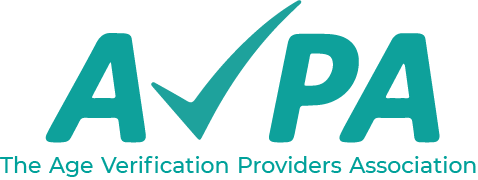Resources for Education and Resilience
Age Verification is a tool, but will never be 100% effective in preventing children from seeing pornography one way or another.
On this page, we collate some of the best resources for parents and teachers who are thinking about how to talk to children about pornography.

Mary Sharpe
TRF CEO and Co-founder
“Pornography and sexting can be tricky subjects to teach. To help you feel more confident, our materials are based on research, the lived experience of young people, our experience teaching in schools, input from more than s 20 professionals, and parents. Our aim is to encourage critical thinking and help pupils make informed choices about the use of internet pornography and sexting; no blame, no shame.”
New Zealand’s educational resources

The Light Project is a charitable trust in New Zealand founded in 2017 by a small team of sexual and public health experts. The project is a pilot project that aims to help youth, schools and wider communities to positively navigate the new pornography landscape. It offers a range of tools and guidelines.
Our Kids Online is a one stop shop designed to provide parents with information and resources to help keep children safer online, in particular with regard to their exposure to predators and online pornography.
And finally, here is the New Zealand government’s porn safety advertising campaign and the Keep It Real Online website.
